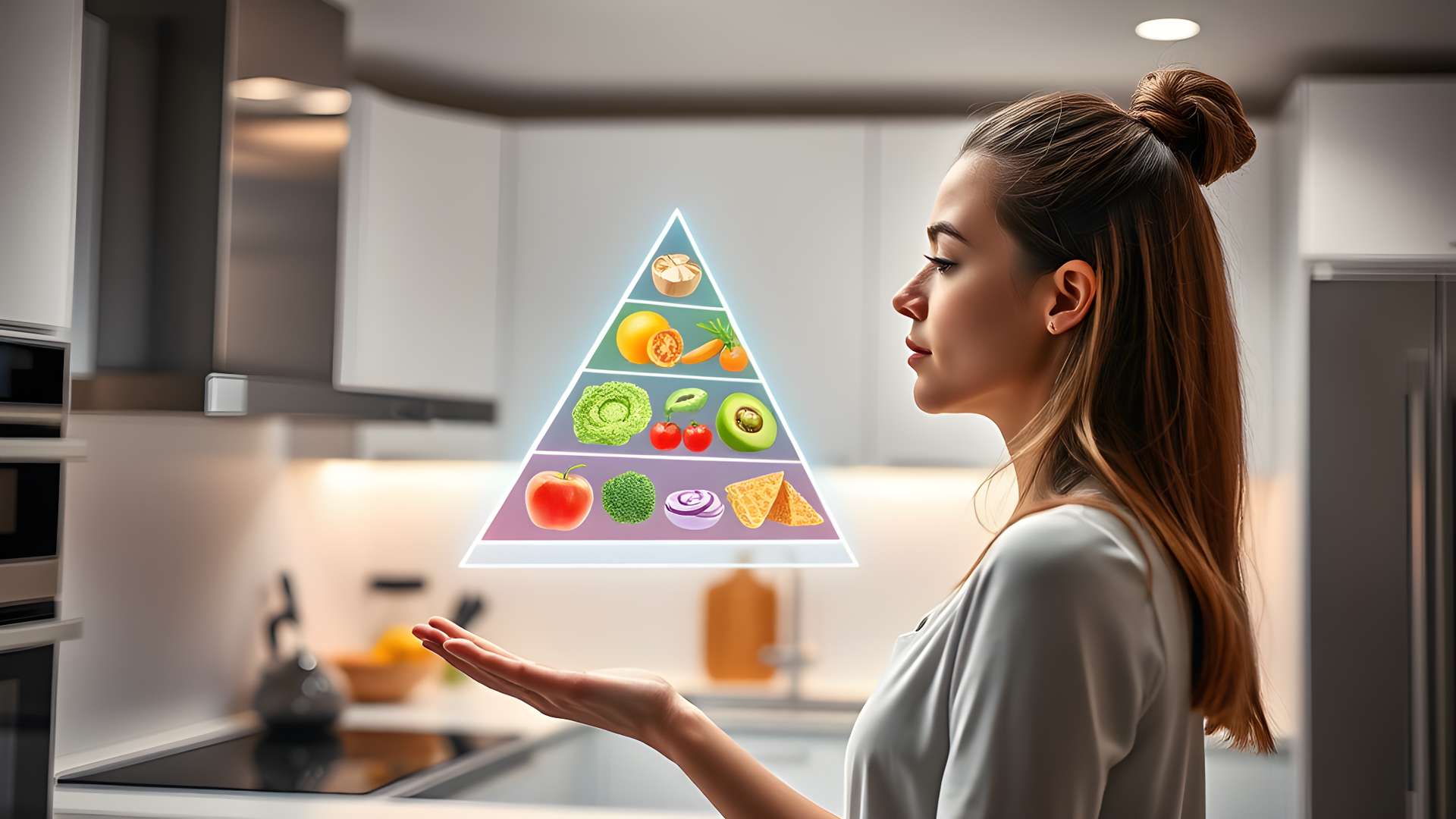Ad Blocker Detected
Our website is made possible by displaying online advertisements to our visitors. Please consider supporting us by disabling your ad blocker.
“My family thinks I’m not doing enough to eat healthy for my age, and it makes me feel like a failure.”
If you’ve ever found yourself thinking this, you’re not alone. There’s a raw sting that comes with feeling judged, especially when it’s from the people you care about most. It’s not just a passing discomfort; it’s a nagging ache that pokes at your confidence and makes you question your own worth. And the thing is, it’s not always about what they’ve said—sometimes, it’s the raised eyebrows, the passive-aggressive comments, or even the silence that speaks volumes.
The weight of their expectations can feel unbearable, can’t it? And when the topic is as personal and complicated as your health, the stakes feel even higher. After all, eating habits aren’t just about food; they’re wrapped up in emotions, routines, and years of life experience. So, what do you do when your loved ones’ well-meaning advice feels like criticism, and their concern sounds more like a verdict?
Let’s start by acknowledging something important: you’re not a failure. Not even close. It’s easy to let those doubts creep in, especially when the people around you seem to be holding up a magnifying glass to your choices. But the truth is, everyone’s health journey looks different, and progress isn’t always linear.
Think about it this way: have you ever tried to help a plant grow? You can water it, give it sunlight, and hope for the best, but it’ll grow at its own pace. You can’t rush it, and you certainly can’t force it to bloom before it’s ready. The same goes for your relationship with food and health. It’s a process, not a checklist.
So why does their judgment hurt so much? Maybe it’s because deep down, you value their opinions. Or maybe you’re already battling your own inner critic, and their words echo the doubts you’ve been trying to silence. Either way, it’s a reminder that the people we love have a unique ability to both uplift and unsettle us.
But here’s the thing: their opinions, no matter how well-intentioned, don’t define you. They’re snapshots of their perspective, shaped by their own experiences, fears, and biases. Your mom might push you to eat more greens because she’s worried about the health problems that run in your family. Your sibling might chime in with their unsolicited diet tips because they’ve just discovered a new health trend and want to share it. Their actions often come from a place of care, even if they don’t always land that way.
That said, understanding their intentions doesn’t mean you have to absorb their judgment. One of the hardest yet most liberating truths is that you can’t control how others perceive you. What you can control, though, is how you respond—both to them and to yourself.
Take a moment to reflect. What’s your relationship with food and health like right now? Are you eating in a way that feels good to you? Are you honoring your body’s needs, even if it’s not perfect? If the answer is yes, then you’re doing enough. And if the answer is no, that’s okay too. Growth starts with self-awareness, not shame.
One way to navigate these tricky conversations with loved ones is to set boundaries. It might feel uncomfortable at first—after all, these are people you care about. But boundaries aren’t about shutting them out; they’re about protecting your peace. You could try saying something like, “I appreciate that you’re concerned about my health, but I’m working on it in my own way. It would mean a lot to me if we could talk about something else.”
Or, if you’re feeling brave, you might even share a bit about what you’re working through. Vulnerability can be a powerful way to bridge understanding. For example, “I know you want the best for me, and I’m trying to make healthier choices. But when you comment on what I’m eating, it makes me feel like I’m not enough. Can we find a different way to talk about this?”
It’s also worth considering how you talk to yourself. Are you your own worst critic? Do you hold yourself to impossible standards? Sometimes, the judgments we feel from others hit harder because they amplify the doubts we already carry. Imagine if you spoke to yourself with the same compassion you’d offer a friend. Instead of fixating on what you’re not doing, celebrate the small wins: the days you chose water over soda, the times you cooked at home instead of ordering out, the moments you listened to your body’s hunger and fullness cues.
And hey, let’s not forget the bigger picture. Health isn’t just about kale smoothies and gym memberships. It’s about balance, joy, and sustainability. Sure, eating nutrient-dense foods is important, but so is savoring your grandma’s famous lasagna without a side of guilt. Your well-being is a mosaic, made up of many pieces: physical health, mental health, relationships, hobbies, rest. Fixating on one piece while ignoring the others can throw the whole thing off balance.
If you’re feeling stuck, consider what small, realistic changes you can make—not because someone else thinks you should, but because you want to. Maybe it’s swapping one sugary snack for a piece of fruit this week. Or taking a ten-minute walk after dinner. Or even just pausing to breathe and check in with yourself before you eat. Progress doesn’t have to be dramatic to be meaningful.
As you navigate this journey, remember that perfection is a myth. Even the “healthiest” people indulge, skip workouts, or have days when they’re just not feeling it. What matters most is consistency over time and the grace you show yourself along the way.
So the next time your family’s comments start to sting, take a deep breath. Remind yourself that their words don’t determine your worth. Reflect on your own goals and values, and let those guide your choices. And when in doubt, remember this: you’re not a failure. You’re a human, doing your best in a world that’s anything but simple.
Here’s to progress, not perfection—and to finding peace in your own unique journey. Who knows? Maybe one day, your family will see the strength it takes to carve your own path, and they’ll be inspired to do the same. But even if they don’t, you’ll know that you’re enough—just as you are.


